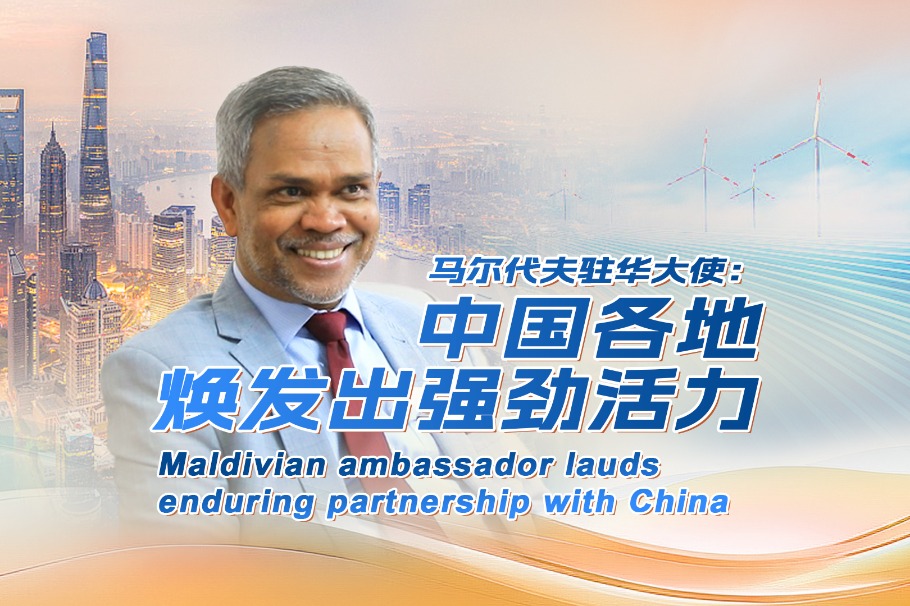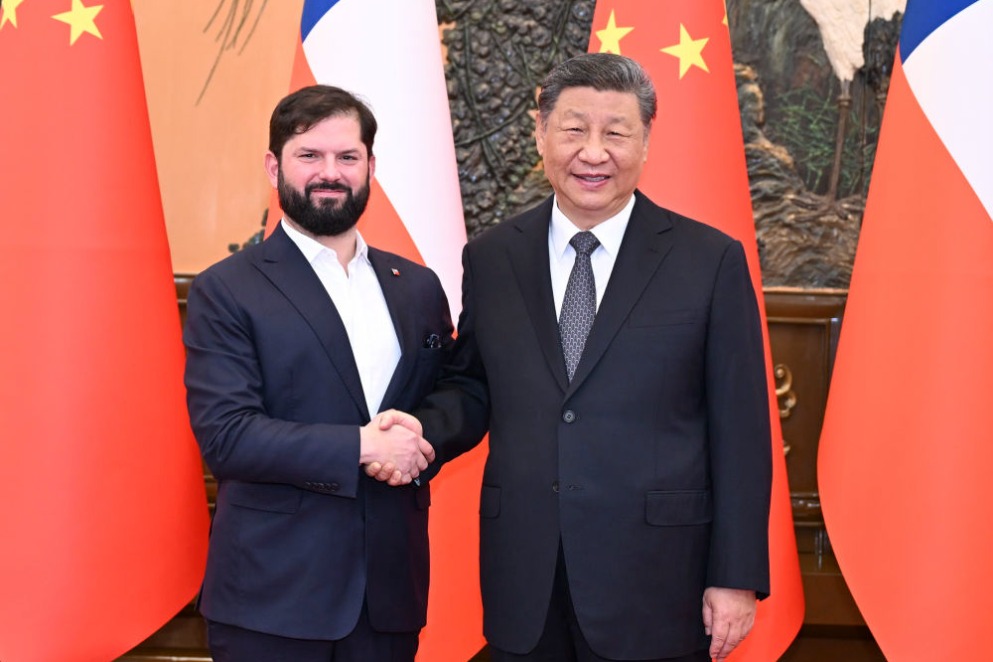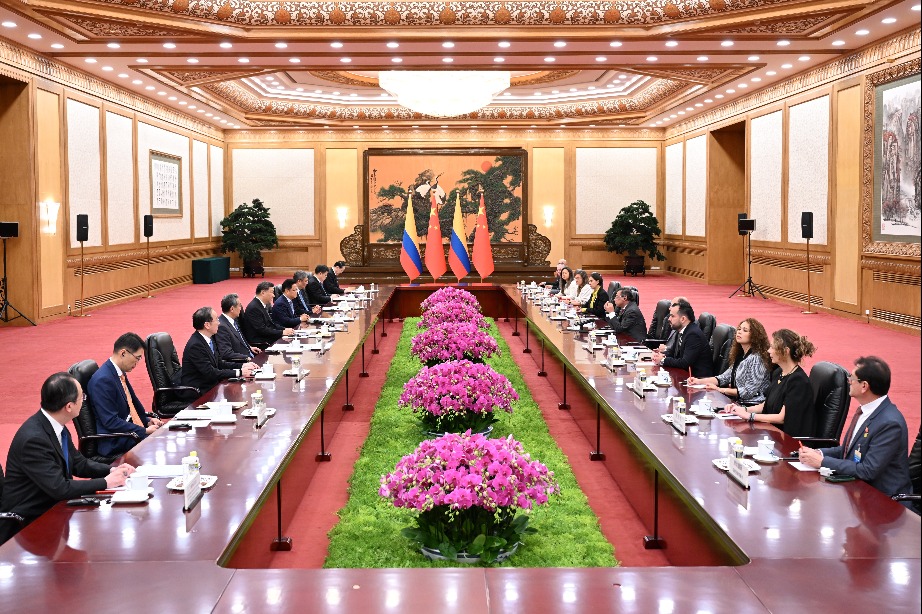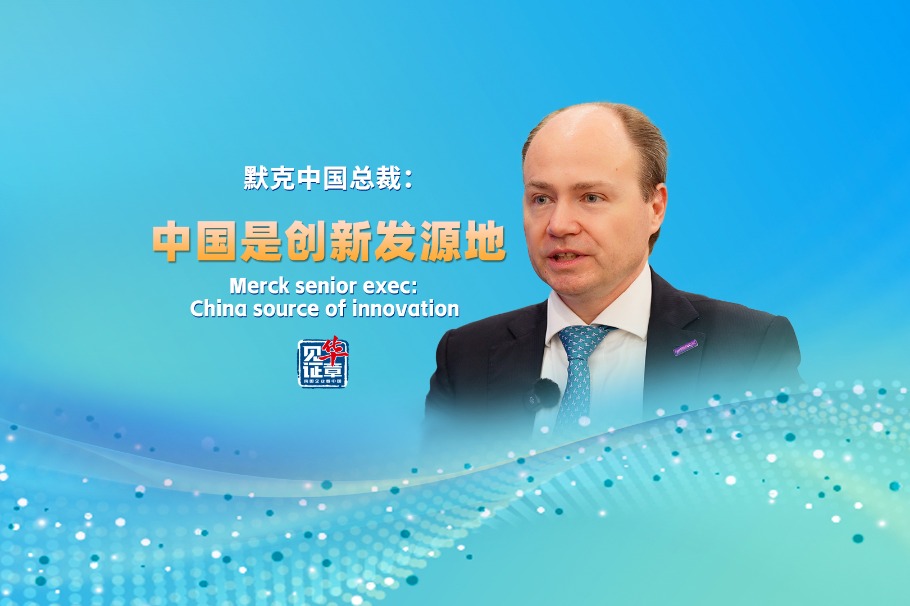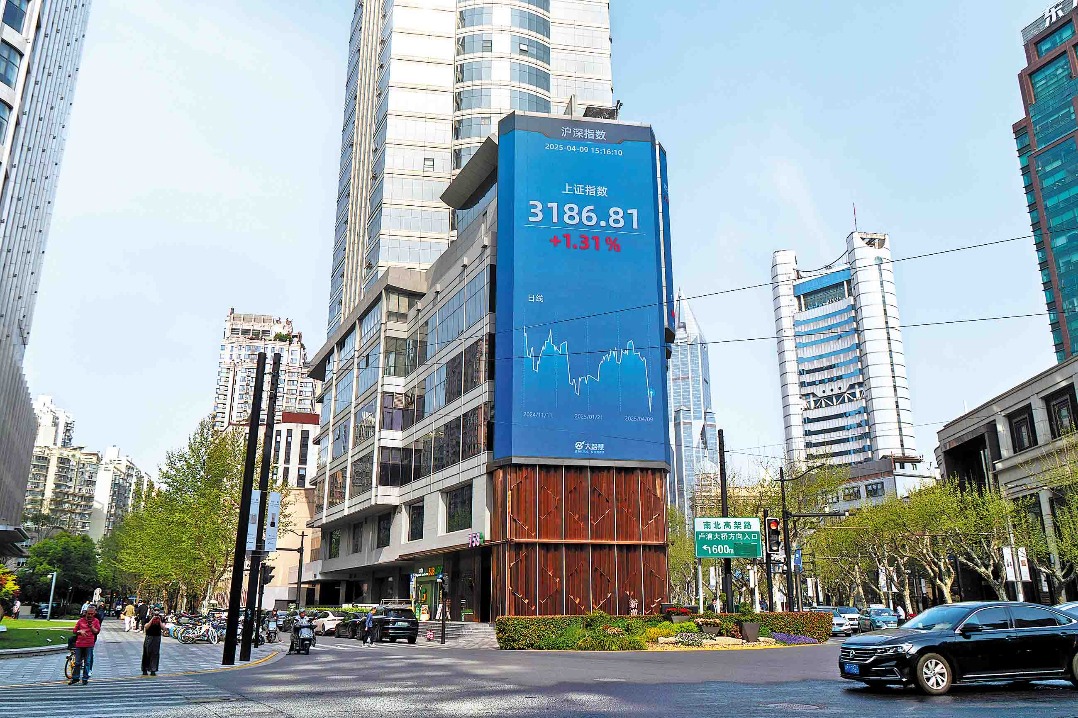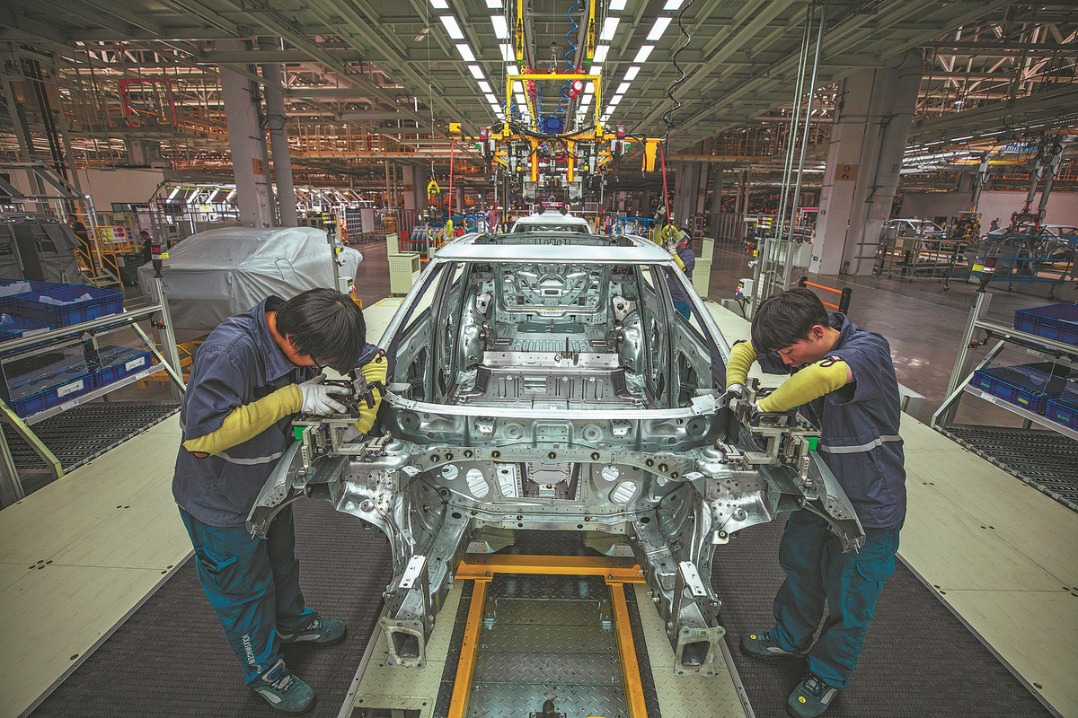In search of common ground


EU members should focus their attention on the benefits of cooperation with China
The European Union and China are important trade partners. China is also an essential partner in addressing the global challenges such as climate change, international security challenges and healthcare issues. Relations with China must therefore be properly maintained, without avoiding thorny issues and different values. At the same time, as a result of supply chain disturbances and ongoing geopolitical tensions, the EU wants to reduce its dependence on China and the United States for critical raw materials and strategic high-tech components and products. Besides, it is important that the EU maintains its own autonomy and avoids being a blind follower of the US, which is now focusing on technology curbs aimed at China and geographically on the "Indo-Pacific region" which it considers to be vital to its security and prosperity.
Germany and France have expressed their commitment to maintaining a dialogue with China and do not want to be trapped between the US and China. But what is lacking is a clear, unified EU strategy toward China.
Since November last year, many European leaders have visited China, reciprocated by visits of senior Chinese government officials to Europe in order to reengage and stabilize economic relations and restore communication channels at all levels.
Charles Michel, president of the European Council, said: "The EU should not be a playground, but a player. We want a relationship with China that is based on reciprocity, responsibility and basic fairness."
The EU's official China policy at present is, however, rather confusing. It considers China simultaneously a cooperation partner, a negotiating partner with whom the EU needs to find a balance of interests, an economic competitor and a systemic rival, promoting alternative models of governance.
The ongoing tensions between the US and China are forcing EU member states to choose sides and that is precisely what is problematic for them, because mutual interests and opinions vary considerably. A new joint EU policy toward China is far from settled, because each individual EU member has its own China policy. A unified policy requires shared political will and determination and, in particular, concrete actions to implement it.
European Commission President Ursula von der Leyen has dismissed the notion of decoupling Europe from China's economy, saying it is neither viable nor desirable, a significant difference from the approach being promoted by Washington. The EU wants to rebalance the relationship and minimize risks in supplies of critical raw materials and products for which it considers itself to be too dependent on China.
The big question is whether it is at all possible for the EU to follow its own course and become strategically independent from both the US and China?
Strategic autonomy would imply that the EU is able to act independently, ensure uninterrupted supplies of critical raw materials, high tech equipment and other products, and also without having to rely on transatlantic military support for its defense.
Member states in Central and Eastern Europe are strongly opposed to weakening the security partnership with the US because the EU does not have its own military and is very much dependent on the US for its defense.
They are afraid that the US will cease its military assistance and withdraw its military presence from the continent. It will take many years and huge investments to set up an independent EU force with standardized military equipment and to expand its own military industries.
Germany, China's largest trading partner in the EU, has recently published its first-ever China strategy paper. It took nearly one and half years to complete. The contents are rather contentious and not concrete. There are different views on how to deal with China between the cautious, pro-business chancellor and the hawkish minister of foreign affairs. What is exactly meant by "de-risking" is not clearly specified. Chancellor Olaf Scholz wants the companies to determine what the risks are, not the government. Some companies rely for 90 percent of their rare earth metals and other critical raw materials on China. Others are very much dependent on the Chinese market for both production and sales.
From a geopolitical perspective, the US' foreign policy is aimed at protecting its own vital national interests to remain the dominant world power. EU countries sometimes underestimate the extent to which Washington is prepared to put pressure on its allies. In the global battle to control chipmaking technology, US officials have pushed the Dutch government in 2018 and 2019 to stop issuing export licenses for supplying advanced lithography machines from Dutch chipmaking equipment giant ASML to China. After visiting US President Joe Biden in January, Dutch Prime Minister Mark Rutte was urged to ban exports of certain types of less advanced lithography equipment to countries outside the EU. This is in line with the US strategy to contain China and restrict China's access to cutting-edge technologies. Effective on Sept 1, both ASML and also ASMI, a producer of wafer processing machines, must apply for export licenses to export advanced types of equipment because of "public security reasons". However, this will not stop China from developing and producing its own advanced semiconductors.
China's reaction was that as of Aug 1, it would impose controls on exports of gallium and germanium, two metals important for the production of semiconductors. China is a major producer and refiner of many critical raw materials and rare earths. Exploring rare earth metals and reopening or starting new mines and processing critical raw materials in Europe, insofar as possible, are now being considered.
The EU should not regard China as an adversary but engage with China on important global issues. The EU and China should focus their attention on looking for real common ground and not on the contradictions and differences, promote bilateral relations and minimize the risk of conflict. A pragmatic and cooperative approach with China serves Europe's interests best.
The author is vice-chairman of the Netherlands China Business Council. The author contributed this article to China Watch, a think tank powered by China Daily. The views do not necessarily reflect those of China Daily.
Contact the editor at editor@chinawatch.cn.
















